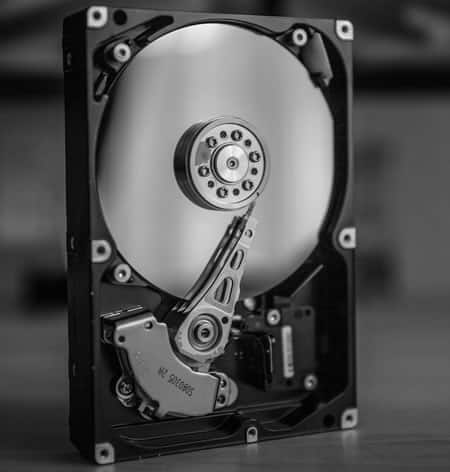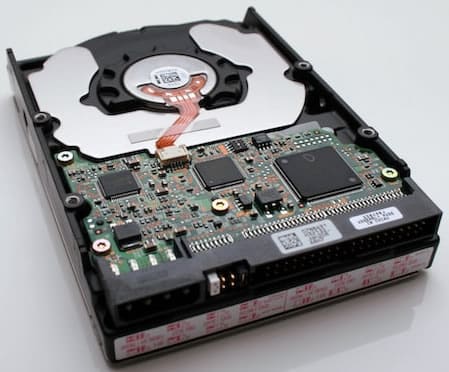Cybersecurity Solutions for Small Businesses in Kenya

Small businesses in Kenya are becoming increasingly vulnerable to cyber attacks as technology continues to advance. The lack of resources and knowledge to protect against these threats can leave these businesses at a significant disadvantage. However, there are several cybersecurity solutions in kenya that can be implemented to help safeguard against these risks.
One solution that small businesses in Kenya can utilize is the implementation of a firewall. A firewall acts as a barrier between the business’s internal network and the internet, and can help to prevent unauthorized access to sensitive information. Firewalls can be software-based or hardware-based and can be tailored to fit the specific needs of the business.
Another solution that small businesses in Kenya can implement is the use of antivirus and anti-malware software. These programs are designed to detect and remove harmful software, such as viruses and spyware, that can compromise the security of a business’s network. Antivirus and anti-malware software can be set up to run regular scans to ensure that the business’s network remains free of threats.
Another important solution for small businesses in Kenya to consider is employee education and training. This can help to ensure that employees are aware of the risks of cyber attacks, and know how to protect against them. It also helps to ensure that employees are aware of the company’s security policies and procedures and know how to adhere to them.
In addition to these solutions, small businesses in Kenya should also consider using a virtual private network (VPN) to protect the privacy and security of their data. A VPN encrypts the data that is sent and received, making it much more difficult for cybercriminals to access sensitive information.
Lastly, small businesses in Kenya should also consider investing in a comprehensive cybersecurity insurance policy. This will provide the business with protection against financial losses that may occur as a result of a cyber attack.
Overall, small businesses in Kenya need to take a proactive approach to cybersecurity in order to protect themselves from cyber attacks. By implementing the solutions discussed in this article, businesses can safeguard their networks, data and reputation from cybercriminals.
How Cyber Security Companies in Kenya can help Small Businesses
Cybersecurity companies in kenya can provide a wide range of services to help small businesses in Kenya protect themselves against cyber attacks. Some of these services include:
- Network security: Cybersecurity companies can help small businesses in Kenya by providing services such as firewall implementation, intrusion detection, and vulnerability assessments. This helps to prevent unauthorized access to sensitive information and protect against cyber attacks.
- Email security: Cybersecurity companies can help small businesses in Kenya by providing services such as spam filtering, email encryption, and email archiving. This helps to protect against phishing and spam attacks, and ensure that email communication is secure.
- Security incident response: Cybersecurity companies can help small businesses in Kenya by providing incident response services. This can include identifying and containing security breaches, and restoring normal operations.
- Compliance: Cybersecurity companies can help small businesses in Kenya by ensuring compliance with relevant laws and regulations, such as the General Data Protection Regulation (GDPR). This helps to ensure that businesses are adhering to industry standards and protecting sensitive information
- Training and education: Cybersecurity companies can help small businesses in Kenya by providing employee training and education services. This can include training on best practices for data security, and how to spot and respond to security threats.
- Managed Security Services: Cybersecurity companies can provide managed security services, which monitor the business’s network and systems for security threats 24/7, and respond to alerts quickly.
- Penetration Testing Service: Cybersecurity companies can provide penetration testing service, which simulate a cyber attack to assess vulnerabilities and weaknesses in the system.
By working with cybersecurity companies, small businesses in Kenya can access the expertise and resources they need to protect themselves against cyber threats and safeguard their sensitive information






